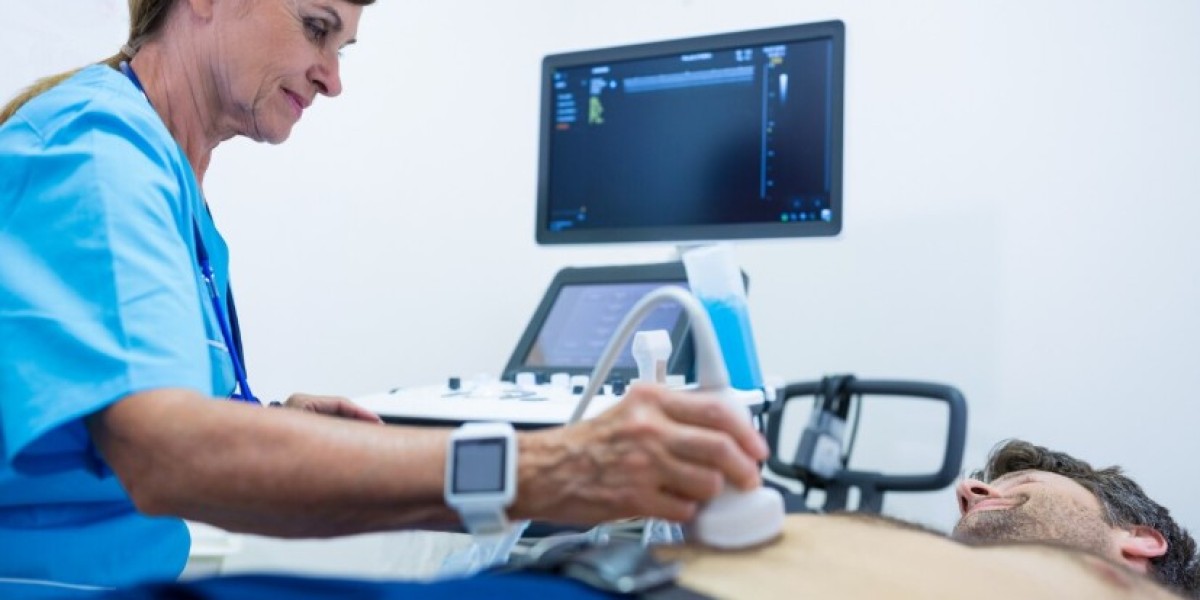Kidney stones are a common and painful condition that affects thousands of people in the UAE each year. Whether due to dehydration, diet, or underlying health issues, early diagnosis is crucial for effective treatment. Among the imaging options available, an ultrasound scan in Dubai has become one of the preferred methods for detecting kidney stones—especially in outpatient and emergency settings.
In this blog, we’ll explore why ultrasound is so widely used in Dubai for kidney stone detection, how it works, and what patients can expect from the process.
Why Ultrasound Is Used for Detecting Kidney Stones
An ultrasound scan uses high-frequency sound waves to create real-time images of internal organs and structures. Unlike CT scans or X-rays, ultrasound doesn’t involve radiation, making it a safer and more accessible option, especially for children, pregnant women, and those requiring repeat imaging.
In Dubai, many diagnostic centers and hospitals favor ultrasound as the first-line imaging test for suspected kidney stones. Here’s why:
1. No Radiation Exposure
Ultrasound is non-ionizing and poses no radiation risk, which is ideal for patients who may need multiple scans over time or those with specific health conditions.
2. Fast and Widely Available
Dubai’s healthcare system offers quick access to diagnostic imaging. You can typically get an ultrasound scan in Dubai on the same day, with results delivered within 24 hours at leading clinics like RIDC (Resonance Imaging and Diagnostic Center).
3. Cost-Effective
Compared to CT scans, ultrasound is significantly more affordable and often covered by health insurance policies in Dubai.
4. Effective for Moderate to Large Stones
While small or deeply located stones may not always show clearly on ultrasound, it is still highly effective for detecting moderate to large kidney stones and associated swelling (hydronephrosis).
What to Expect During Your Ultrasound Scan in Dubai
The process is simple and painless. Here’s a brief overview of what happens during a typical renal ultrasound for kidney stones:
Preparation: You may be asked to drink water beforehand to ensure the bladder is full, which helps improve visibility.
Procedure: A trained radiologist or sonographer applies a gel to your abdomen and uses a handheld probe to scan the kidneys and urinary tract.
Time: The scan usually takes 15–30 minutes.
Results: At centers like RIDC, reports are reviewed by certified radiologists and shared with your doctor quickly—often the same day.
Limitations of Ultrasound for Kidney Stones
While ultrasound is a preferred first step, it does have limitations:
Small stones in the ureters may be difficult to detect.
It may miss early-stage stones that are not causing visible blockage or inflammation.
In such cases, your doctor may recommend a follow-up CT scan for a more detailed view.
Why Choose RIDC for Your Ultrasound Scan in Dubai?
At RIDC, we specialize in patient-centered diagnostics. Our ultrasound services are:
Conducted by DHA-licensed experts
Delivered in a comfortable, private environment
Backed by fast reporting and support for insurance claims
Available for same-day and walk-in appointments
Whether you’re experiencing symptoms like sharp side pain, nausea, or blood in the urine, an ultrasound can help your doctor pinpoint the issue quickly.
Conclusion
An ultrasound scan in Dubai is a safe, quick, and reliable way to detect kidney stones and guide your treatment. If you suspect you may have kidney stones, don’t wait. Early imaging can lead to faster relief and prevent complications.









